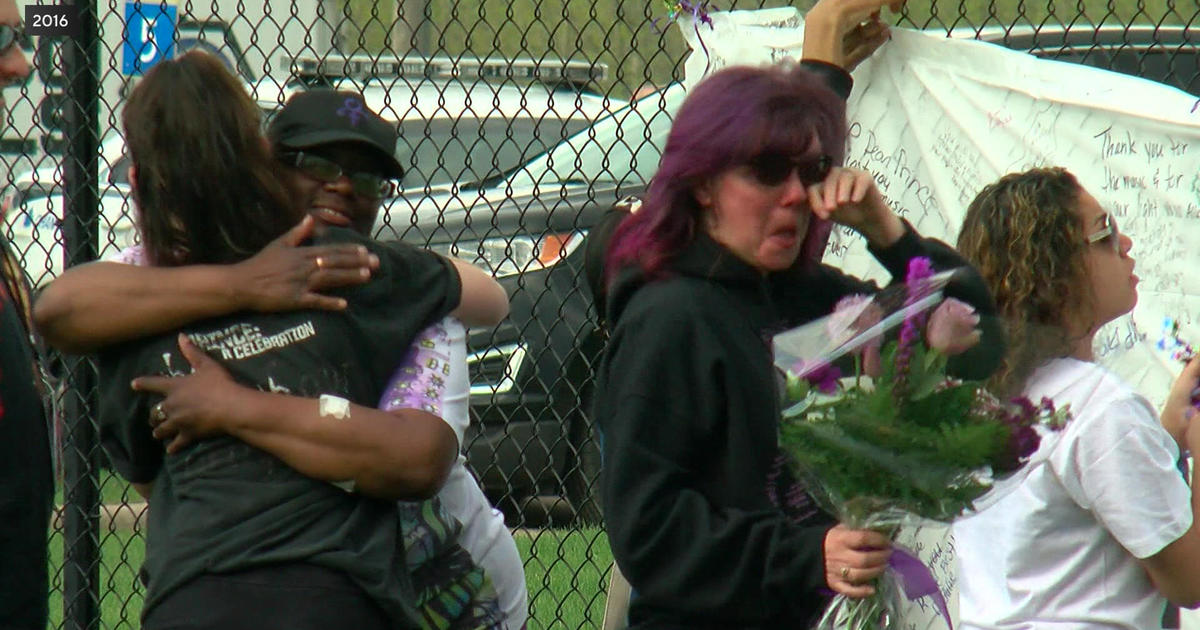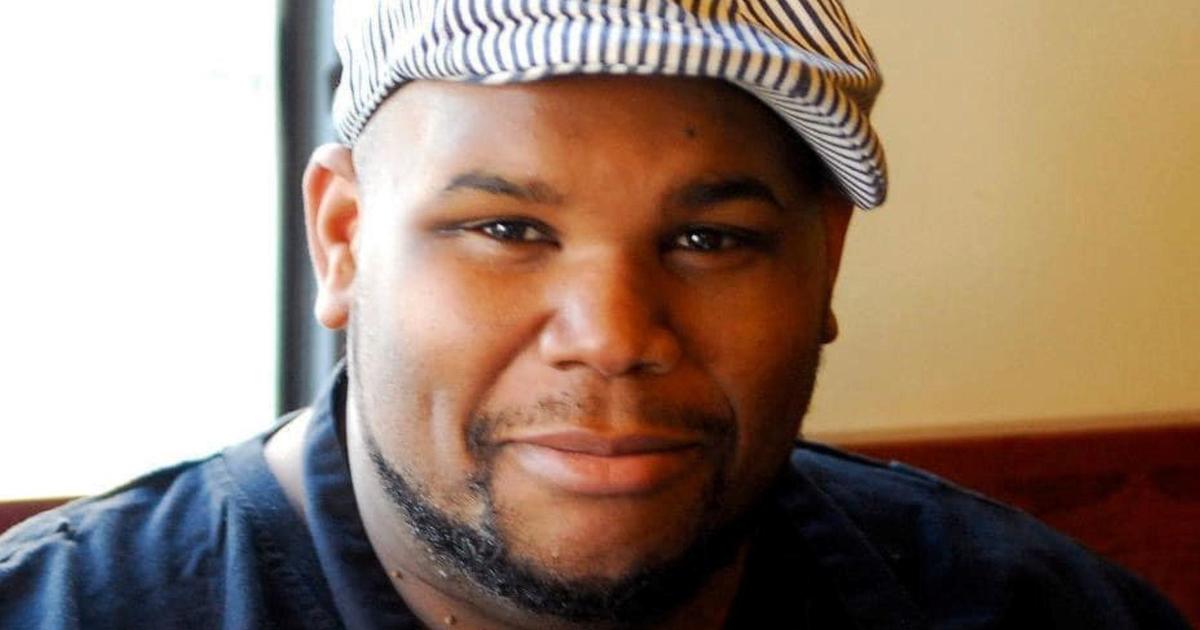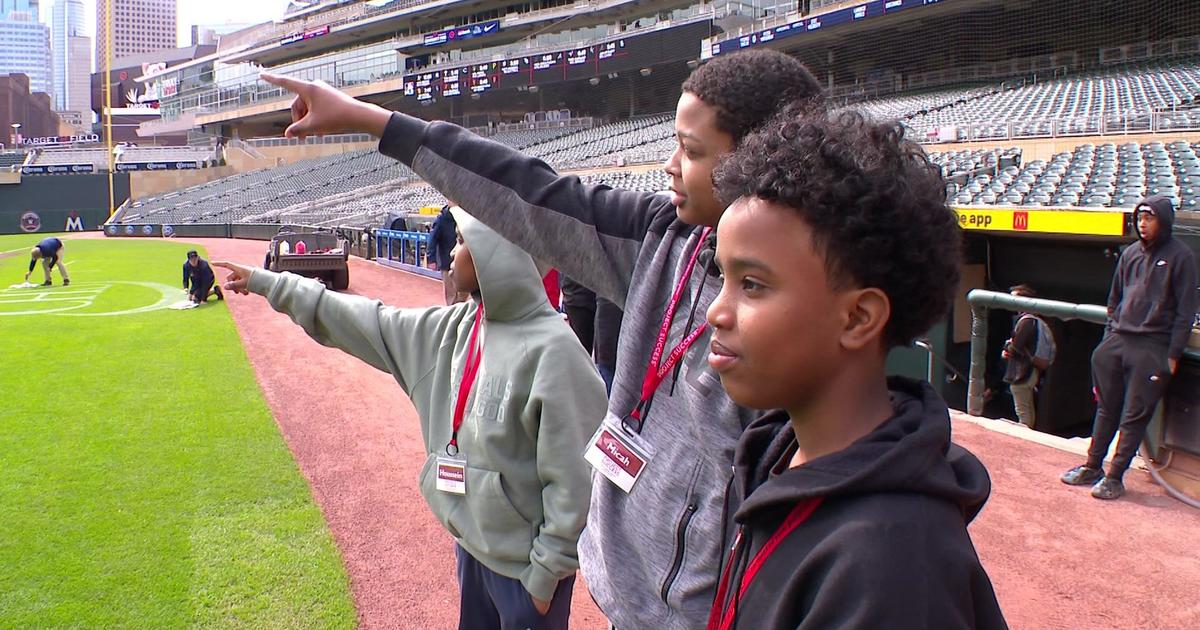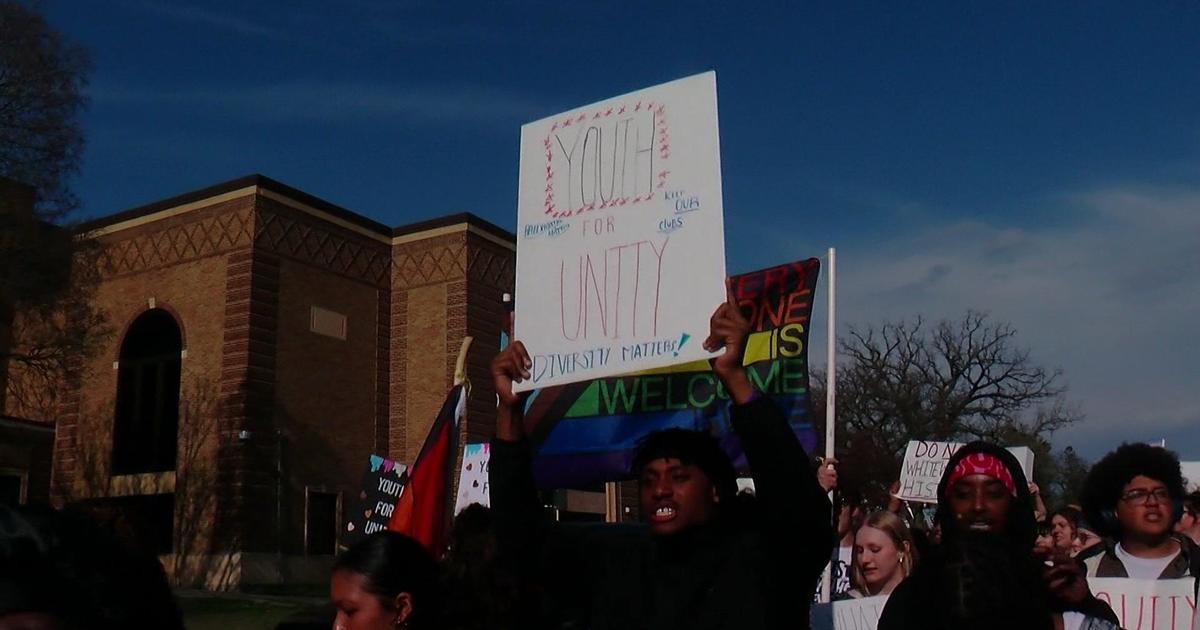Too Many Young Lives: The Heroin Addiction Epidemic
MINNEAPOLIS (WCCO) -- The recent death of Prince shined a spotlight on the abuse of prescription painkillers. Not far from Paisley Park, too many young people are battling addictions of their own. In less than two years, at least three young men in the Chanhassen area died from heroin overdoses.
Unable to have kids of their own, Sandy and Brian Krause adopted two children from South Korea. The close family of four lived in Victoria and kept a full schedule between work, church and school.
Their daughter, Marisa, stayed busy with three sports.
"She was happy, healthy, very outgoing," Sandy said.
Marisa graduated in 2012 from Chanhassen High School and moved to Mankato for college. Then something changed.
"We know something's going on with her, but we have no idea what's going on," Brian said.
Marisa wasn't going to class, and her parents noticed she was putting a lot of miles on her car.
A Bloomington police sergeant had their answer. On a traffic stop two summers ago, Sgt. Tom Williams found heroin paraphernalia in Marisa's car.
"It was pretty apparent Marissa was in a tough spot," Williams said.
Marisa's mom couldn't believe it.
"If someone were to tell me that my daughter in Victoria, Minnesota was going to be a heroin addict, I would have said, 'No way,'" Sandy said.
Six miles away in Chanhassen, David and Colleen Ronnei were faced with saving their son from the same thing.
"He had an addictive personality his whole life whether it was giving up his bottle or giving up his favorite hunting boots, even when they didn't fit him anymore," Colleen said. "Change was just really hard for him."
Luke struggled with anxiety for years. He got in trouble for smoking marijuana as a student at Minnetonka High School. In college, he started smoking more potent pot products known as wax and dabs, but it was his roommate who told Luke he, in fact, was smoking heroin without knowing it.
It's a common practice by dealers to hook users.
"He didn't know what he was choosing, and after that, it chose him," Colleen said. "He wasn't making the decisions anymore," she added.
Luke went on Vivitrol to fight his addiction. The monthly injection blocks the effects of opioids like heroin and prescription painkillers. He arrived home one day before his next dose.
"I found him here on this bed," David recalled.
That morning, for close to 10 minutes, the father performed CPR on his son.
"Here, we are another set of parents who buried a 20-year-old because of this addiction," David said. "It's just not right."
The Ronneis want local and state leaders to do more and for others to speak up about an addiction that often carries stigma and shame.
"Can we save some other family from losing a part of their heart?" Colleen said.
The Carver County Sheriff's Office considers heroin the biggest challenge the community has ever faced. They've taken a sobering message to schools, churches and senior centers.
Law enforcement has found the people most affected by heroin addiction in the Twin Cities are affluent 15- to 25-year-olds with good family structure and a support system. They've found many families with means are more likely to keep their kids in and continue to provide for them.
"The heroin problem in the Twin Cities is not what people think," said Lt. Eric Kittelson with the Carver County Sheriff's Department. "It's much different. There's a new face to our addiction. That's really our message and what we're trying to get out there."
Kittelson says heroin addiction often starts as a prescription drug problem, even in teenagers. The department has investigated "pill parties" where kids raid their parents' medicine cabinets, mix everything together in a bowl and wait.
"It's really scary when you think about what's in the bowl and what these kids are potentially putting in their bodies," Kittelson said.
He added that when pill addictions become harder to satisfy, some will turn to heroin.
Two years after she was pulled over by Bloomington police, Marisa is now beating her addiction.
"The first time I did it, I just loved it," Marisa said. "I loved it."
She currently lives in a sober living house in California, clean for 18 months. She credits Williams with giving her a second chance. He told her parents not to let her back in the house.
"Giving them anything, all it does is prolong them, and every day could be their last day," Brian said.
After spending weeks sleeping outside and on random couches, Marisa agreed to rehab.
"[Heroin] was something I used to make me feel normal at one point, and now I have to just deal with life as it comes to me, and I need to do it by myself this time," Marisa said.
Marisa's mom proudly displays the progress her daughter has made, with a collection of tokens to mark each milestone of sobriety. As her daughter battles back against a quiet demon, every day.
Williams says he'd like to celebrate with Marisa once she reaches her two-year sobriety mark.
Resources to fight addiction can be found here.



